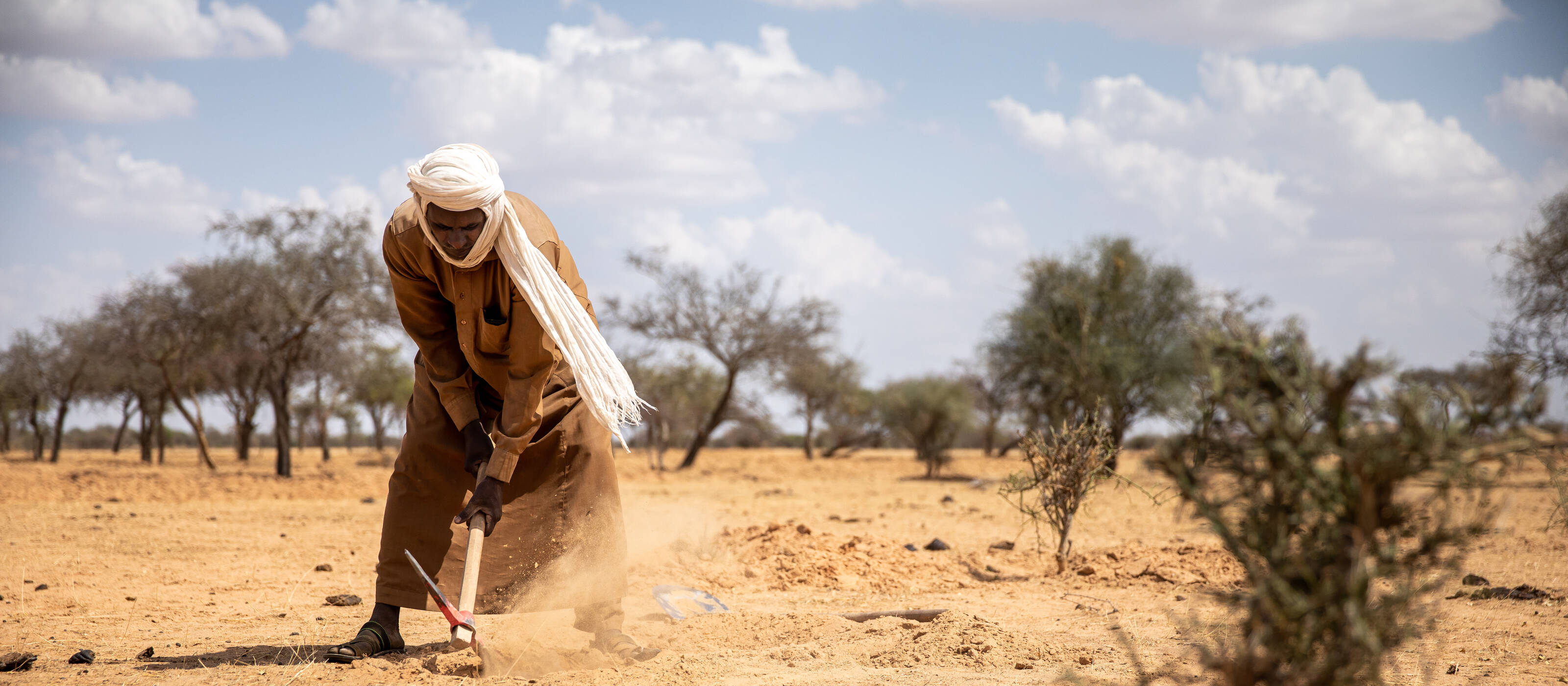

Why the climate crisis is a key issue for Caritas Switzerland
The climate crisis is exacerbating extreme poverty around the world. Meanwhile, people in the Global South have contributed the least to the climate crisis. They also lack means to adapt to the new realities. Global warming thus threatens the livelihoods of the world’s most vulnerable populations.
1. Climate crisis destroys livelihoods
Losses and damage caused by the climate crisis are enormous. Gradual climate change is leading to crop failures. Extreme weather events such as floods and droughts are devastating entire regions. People living in extreme poverty can hardly prepare for such disasters.
Extreme poverty increases vulnerability to the climate crisis. At the same time, the climate crisis increases the risk of extreme poverty.
In extreme cases, the climate crisis destroys their livelihoods and can push them into hunger and migration. There are usually no government safety nets or insurance policies to cover damage and losses.
2. Climate crisis exacerbates extreme poverty
The negative effects of global warming do not only affect people who were already living in extreme poverty. It also leads to an overall increase in poverty. According to the World Bank, climate change could push an additional 68 to 135 million people into poverty by 2030.
In 2022, 713 million people worldwide were living in extreme poverty.
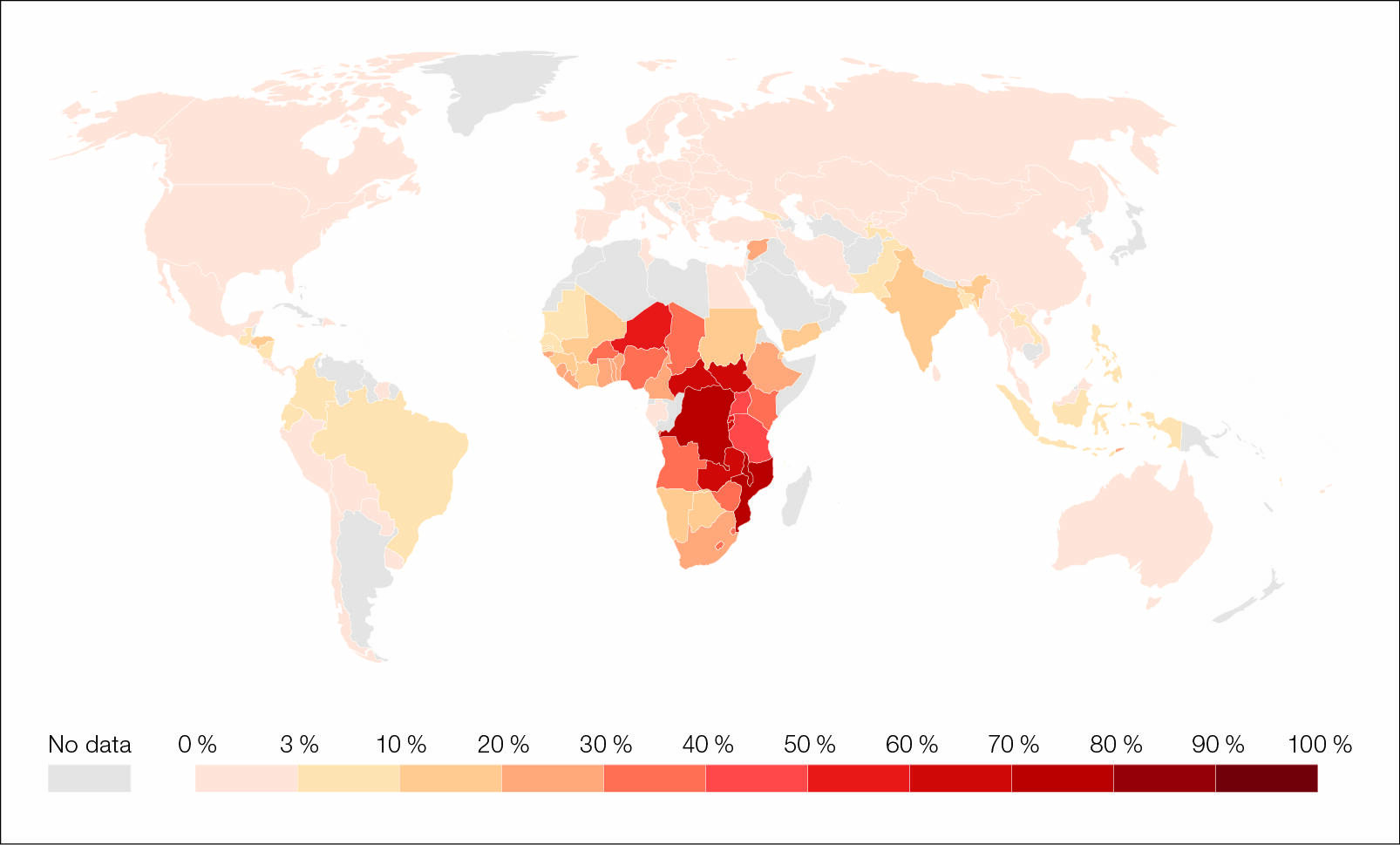
3. Costs of adapting to climate change are enormous
Around 80 percent of the world’s poor live in rural areas and depend on agriculture for their livelihoods. They are the ones who feel the effects of global warming the most. Climate resilient seeds and sustainable farming methods are needed, but there is not enough money to invest.
People who depend on agriculture for their livelihoods are particularly vulnerable to poverty. At the same time, agriculture is one of the most vulnerable economic sectors to climate change.
People affected by extreme poverty usually have no money and no option to change their jobs and build up a new source of income outside of agriculture, for example.
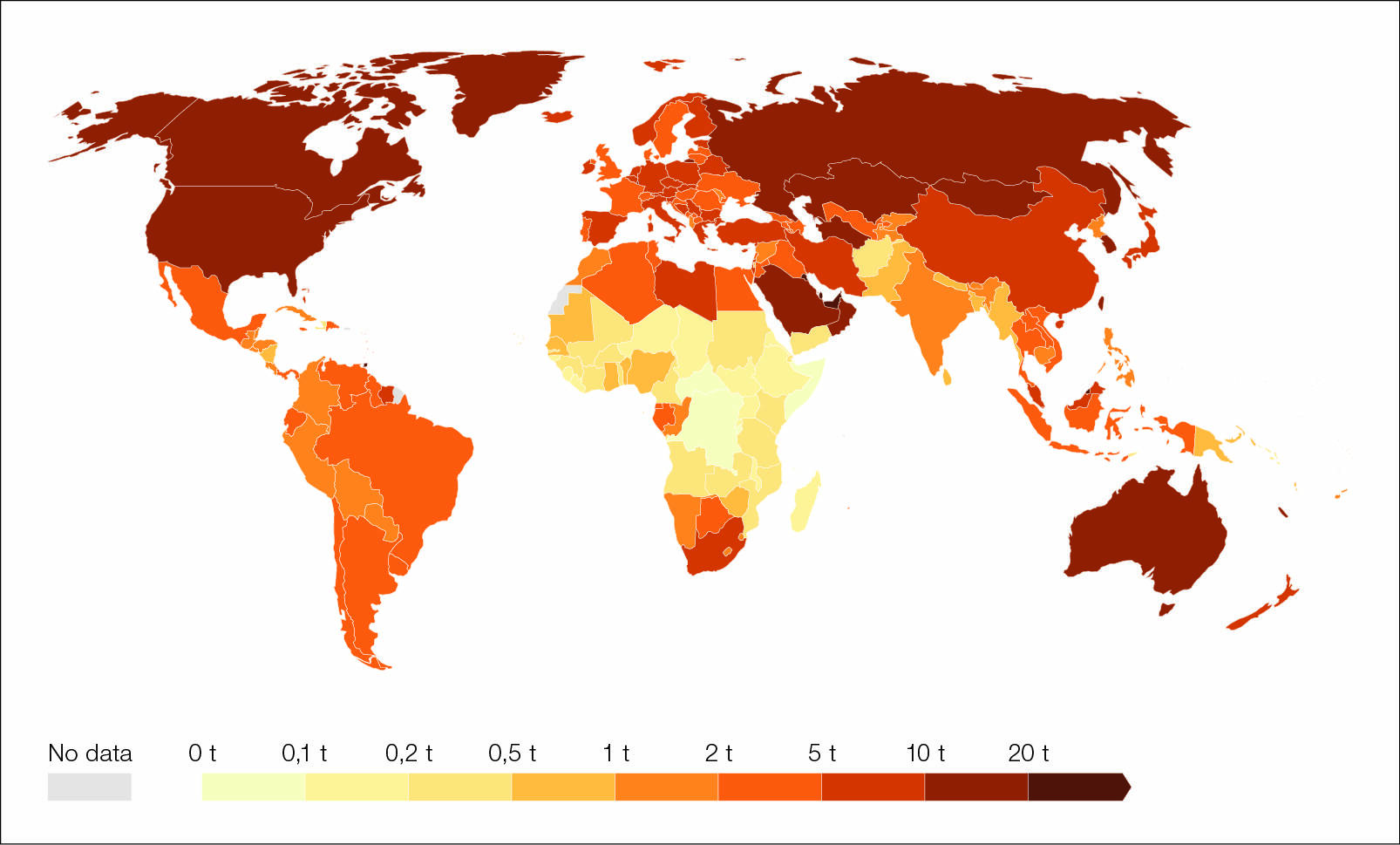
4. Climate crisis exacerbates social inequalities
People living in poverty are not only more vulnerable, but also more exposed to climate impacts. They often live in areas that are more likely to be affected by floods than the residential areas of wealthier people.
The negative impacts of climate change are particularly severe for women, children, the elderly, refugees and displaced persons, and other vulnerable people. These people are generally at higher risk of poverty.
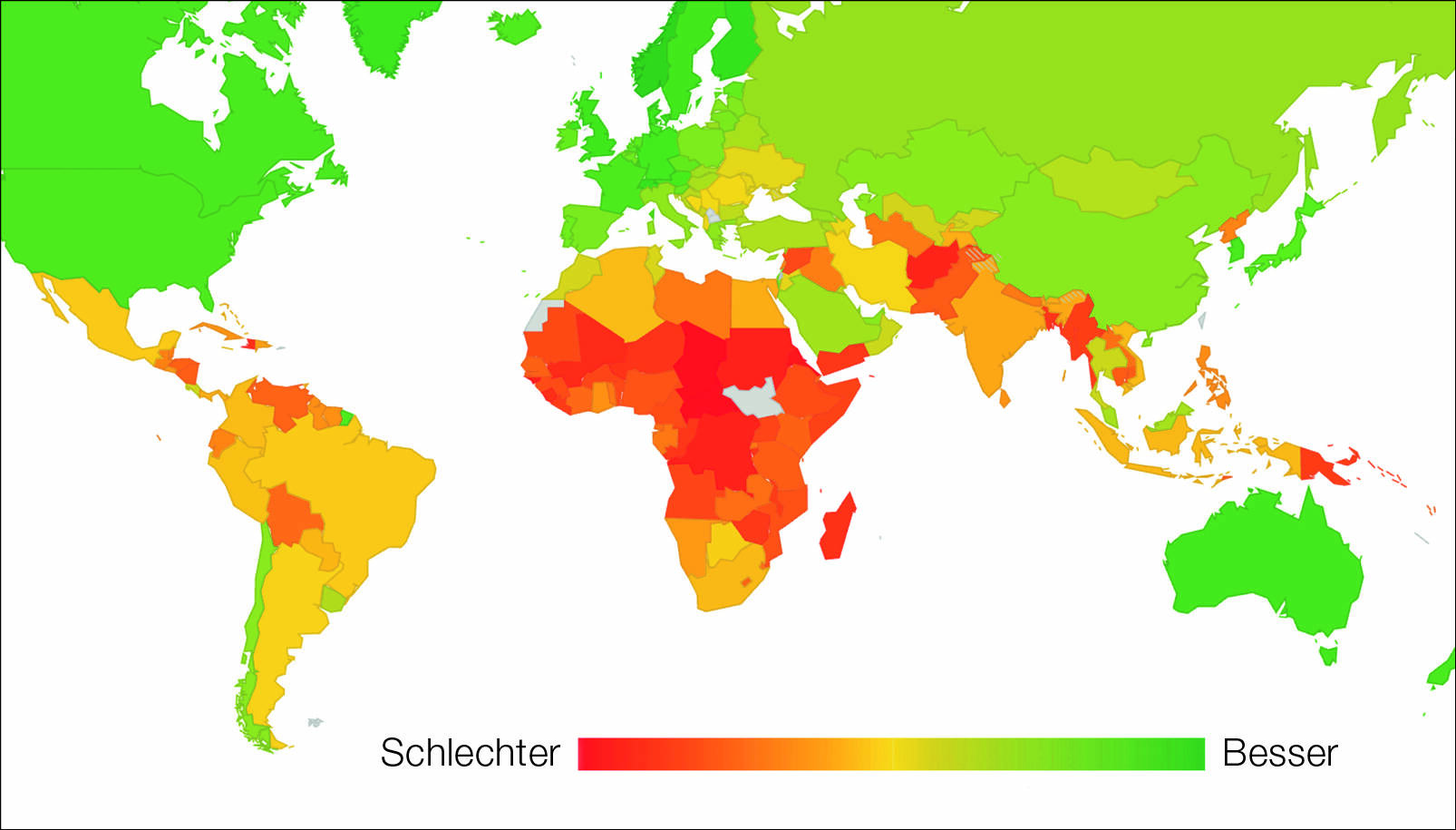
5. Climate crisis increases migration
Among other factors, the climate crisis has led to an increase in the number of refugees worldwide. In particular, the number of people forced to migrate within their home countries as internally displaced persons has increased. However, the poorest and most vulnerable people, especially women and children, are usually unable to move elsewhere. They stay where they are in danger or flee to places where they are often just as vulnerable to natural disasters.
6. Climate crisis makes entire regions uninhabitable
It is foreseeable that the further intensification of global warming will make certain areas, such as parts of the Sahel, completely uninhabitable in the near future. This will disproportionately affect regions where extreme poverty is already widespread.
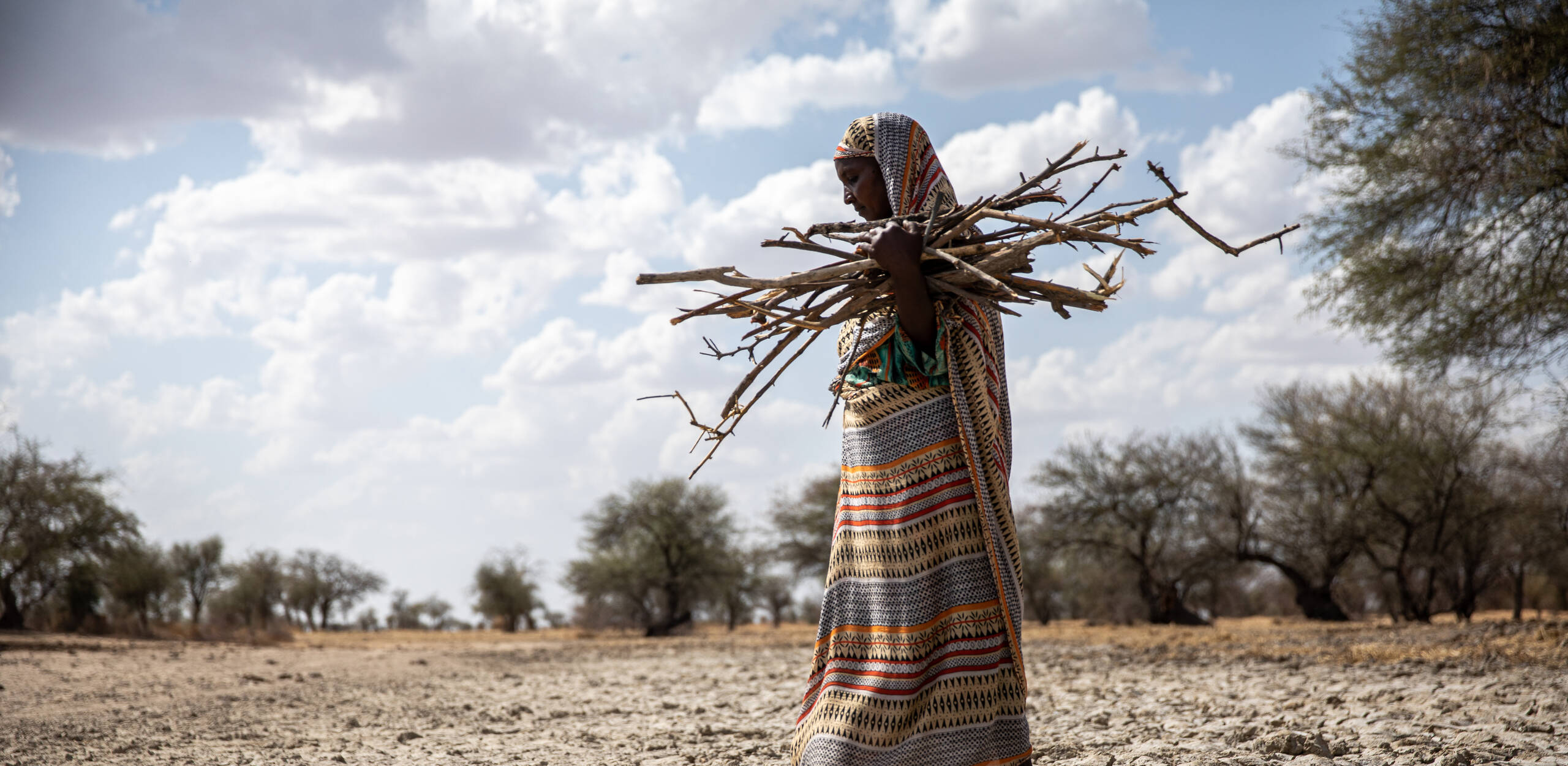
The climate crisis is severely affecting the people of Chad.
7. Climate crisis puts enormous pressure on poor countries
According to the World Meteorological Organization, Africa is suffering disproportionately from climate change, as the continent is warming more than the rest of the world. At the same time, virtually all African countries lack financial resources to adapt to the climate crisis.
It is extremely unfair that the costs of climate change are borne disproportionately by those who already struggle to meet their basic needs, even though they have contributed the least to climate change.
Disasters such as droughts and floods lead to local economic crises and destroy national food supplies. To meet the basic needs of their populations, affected countries have to import food. This increases their debt. The climate crisis therefore poses enormous challenges not only to individuals or communities, but also to entire countries.
8. Climate justice demanded
On average, people in sub-Saharan Africa have a much smaller per capita carbon footprint than people in Switzerland. However, they are disproportionately affected by the negative impacts of the climate crisis. Rich countries like Switzerland are therefore called upon to reduce their emissions quickly and radically. In addition, Switzerland must make sufficient financial resources available to people in poor countries so that they can better adapt to the climate crisis.
As the climate crisis exacerbates extreme poverty and increases migration, adaptation to changing climate conditions is a priority in Caritas Switzerland’s international cooperation projects. At the same time, the fight against poverty is always at the forefront of our projects. We strengthen the resilience of the most vulnerable, for example by promoting climate-smart agricultural practices. Caritas Switzerland is also a member of the Swiss Climate Alliance and advocates for an effective and socially responsible climate policy in Switzerland
Why the climate crisis is a key issue for Caritas Switzerland

Factsheet Climat and Poverty
Eight reasons why the fight against poverty and the climate crisis must be tackled together.
Download (pdf, 248.22 KB)
Angela Lindt
Head of Development and Climate Policy advisory service+41 41 419 23 95alindt@caritas.ch
Further information
Header image: © Simon Huber